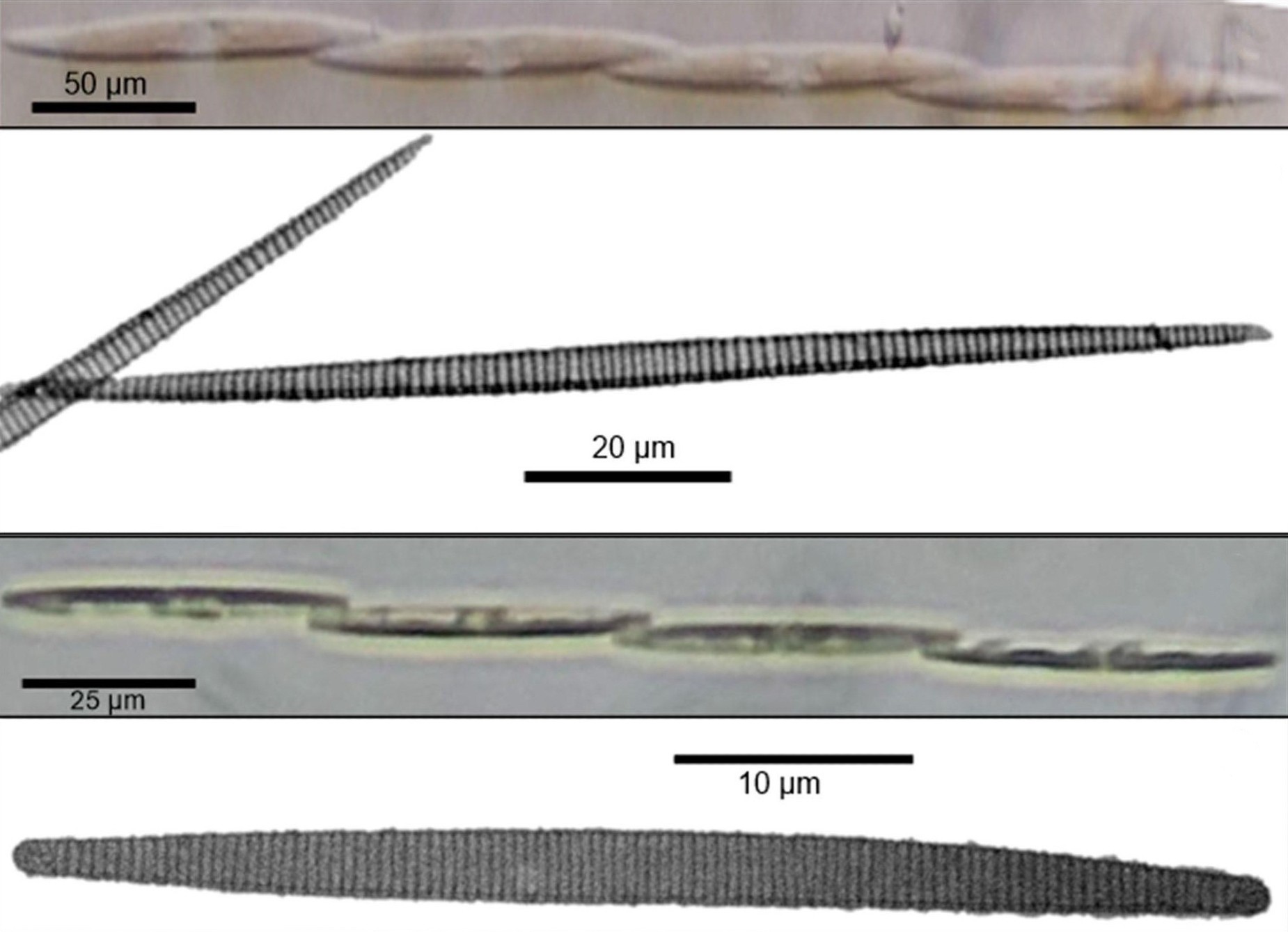2 marine diatom species found in Luzon — scientists

Filipino scientists have recently confirmed the presence of two species of marine diatoms in shellfish farms in Luzon.
Scientists from the Ateneo de Manila University Department of Biology and the Universiti Malaysia Sarawak found Pseudo-nitzschia pungens and Pseudo-nitzschia brasiliana in shellfish farms in Luzon. In laboratory conditions, these can release a neurotoxin that in high doses may cause sickness and severe memory loss in humans.
While many Pseudo-nitzschia diatoms are considered harmless, around half of its species have been noted to produce domoic acid (DA) that can induce vomiting, nausea, diarrhea, and abdominal cramps, and even permanent loss of short-term memory or “amnesic shellfish poisoning” (ASP) when ingested.
However, ASP is very rare and was last recorded in Canada in 1987.
Diatoms are microscopic, unicellular, and photosynthesising aquatic microorganisms or algae covered in milk-colored silica shells.
The researchers noted this was the first time that P. brasiliana has been found in Luzon.
“It is important to be aware of the toxic potential of these diatoms and to monitor them accordingly, but such efforts must begin by establishing their presence in our waters. To our knowledge, the molecular taxonomy of Pseudo-nitzschia in the Philippines is virtually nonexistent,” said the researchers.
“Confirming species identities of a genus with half of its constituents known to produce DA is essential to HAB monitoring (in the Philippines),” they added.
The scientists said that "at times of excessive growth called harmful algal blooms (HABs) or “red tide,” DA can accumulate in large amounts in filter-feeding shellfish such as mussels and clams."
Thus, “Confirming species identities of a genus with half of its constituents known to produce DA is essential to HAB monitoring (in the Philippines),” the scientists underscored.
The researchers assured that it is still safe to eat shellfish such as mussels and clams as the existing diatoms naturally exist in the water in small doses that pose no concern.
“The side effects mentioned in the article can only happen under very specific conditions such as a harmful algal bloom… There is no immediate cause for worry, the study highlights the lack of research that could potentially help improve public safety,” they said in an email correspondence with GMA News Online. — Jiselle Anne Casucian/LA/BAP, GMA Integrated News




